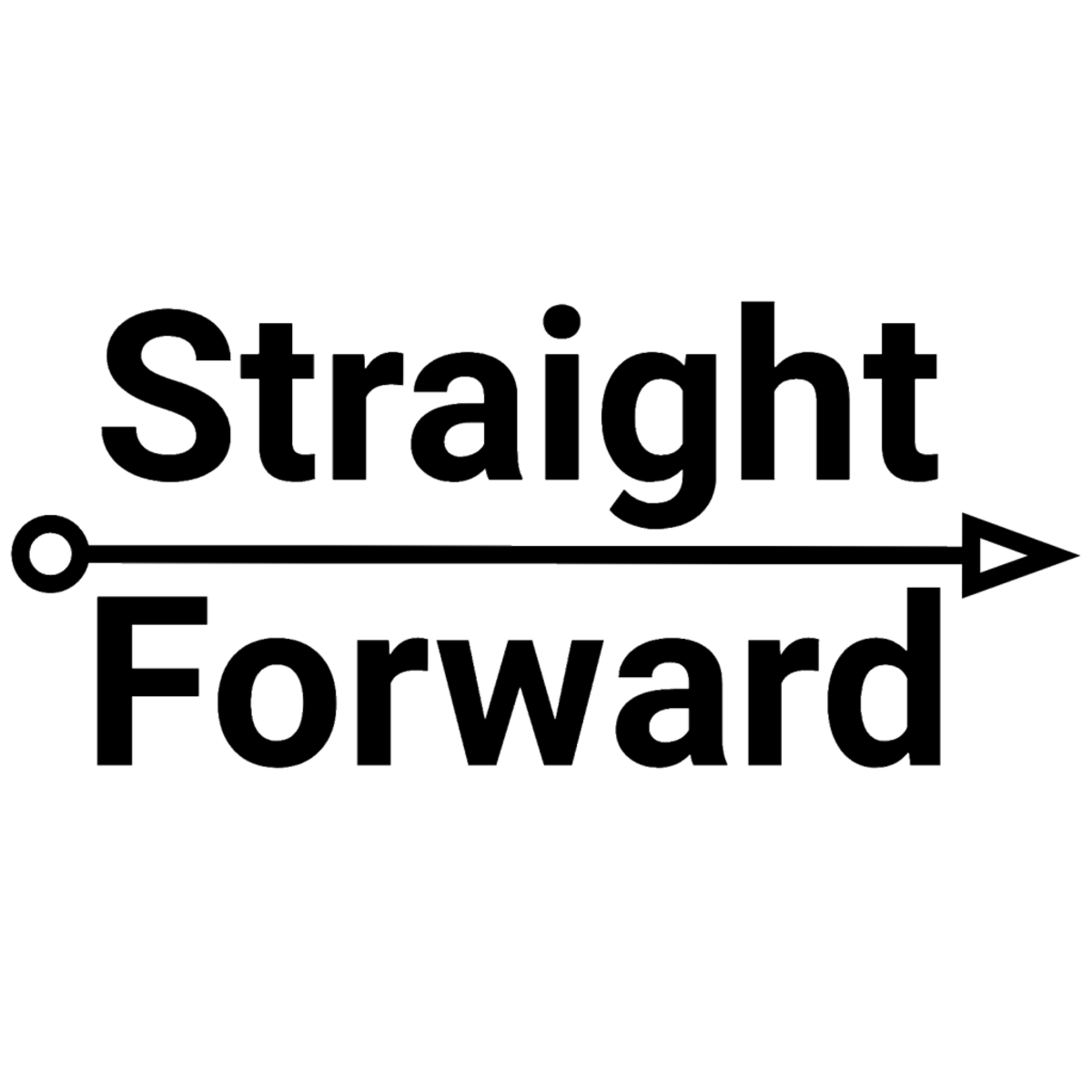LinkedIn is full of talk about managers and HR, but I don’t mean that sort of feedback. I mean in a control system sort of way (can you tell that I’m an engineer 😅?).
To illustrate this I’m going to give some negative feedback about the board game Monopoly as a family board game. In Monopoly, the more money you earn the more properties you can buy and the more houses you can build which means you can charge more in rent. The more you charge in rent, the more the other players have to pay you so the more money you earn. Monopoly has a positive feedback loop. Once a player starts winning, they become more and more certain to win.
This, after all, was exactly the point that the inventor Lizzie Magie was trying to prove when she invented The Landlord’s Game over a hundred years ago that Monopoly is based on. So, although it fantastically demonstrates the dangers of an unregulated free market like Magie intended, I don’t feel it actually makes a very good game. 🤔
What a game should have is negative feedback, or that doing well early on doesn’t steer the likelihood of later events in the leader’s favour. You could also argue that really strong negative feedback is a bad thing because it’s not fun to punish someone for winning part-way through the game. It’s all about balance. ⚖️
In my game, Electioneer, building a really solid manifesto early in the game will help your campaign and give you some benefits immediately but to do that you need to play your best cards and it fundamentally doesn’t affect the count come election day. Electioneer has very mild negative feedback which I’ve found gives a nice balance and keeps the game close all of the way through. 🎉

